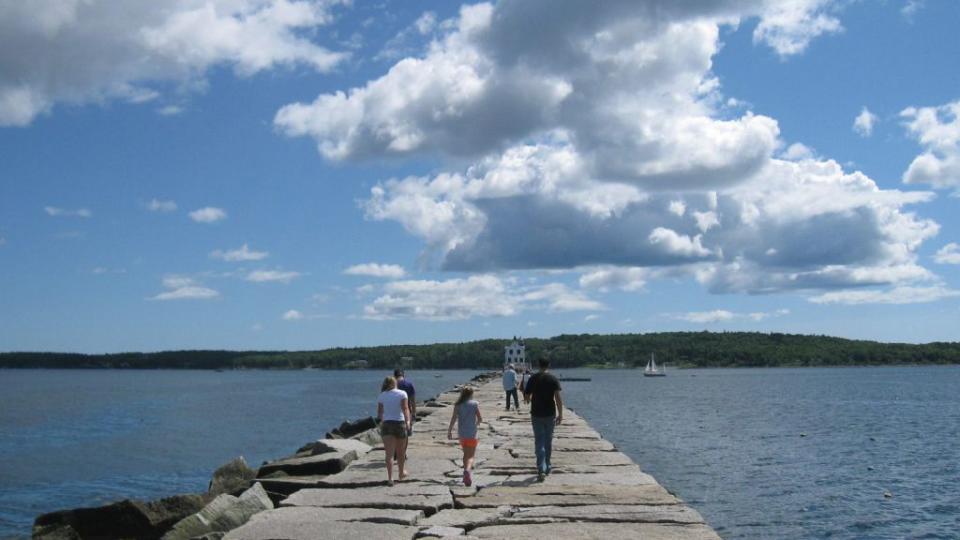Instagram and Facebook are ruining our fond memories of vacations

I love to travel. I’ve been to the Taj Mahal in India, explored Angkor Wat in Cambodia, traveled down the Australian coast in a hippie camper van, and come down with a case of food poisoning in a remote village in Peru. Every time I take a trip, I tell myself that I’m creating memories that will last a lifetime. That’s part of how I justify spending so much money on vacations. But the truth is that, once I’m back home, I don’t actually think about these experiences all that much.
The same is true for most people, according to research I’ve conducted with my coauthor Tom Meyvis. In one of our early studies, we tracked participants who went to the US Open, a high-profile tennis tournament. After the event, we asked attendees how often they expected to think and talk about their experience over the next two months. Their actual retrospection didn’t live up to their expectations. We then did the same thing with people who went on an African safari, who also expected to retrospect about the elephants and zebras they’d seen much more than they did.
What accounts for the discrepancy? We considered the possibility that people lose interest in talking about their experiences over time, but the subjects we surveyed said they still wanted to talk about it two months later. The problem isn’t that we would rather keep mum about our vacations; it’s that memories—even our favorite, most treasured ones—rarely pop into our heads without prompting.
To give fond memories staying power, we need cues in our environment to remind us about them. As time goes by, we focus on day-to-day activities (a work lunch, a language class) and upcoming experiences. As a result, our past experiences become less top of mind, and we simply forget to remember them. And so, to give fond memories staying power, we need cues in our environment to remind us about them.
To test this idea, we partnered with a company that organizes large obstacle-course fun runs. The night after the race, participants predicted how often they’d think and talk about the race over the next two months. We also measured whether they had obtained any physical reminders that could help keep the experience more accessible over time (merchandise or professional photos).
Two months later, we asked them how often they talked about the race. Overall, people didn’t talk about the race as often as they had expected to. But people who had purchased merchandise or professional photos ended up talking about their experience more often than people without reminders. In another study, we found that people asked to think about a past trip for which they have a framed photo, versus a trip without a framed photo, valued the memories associated with their trip more.
Of course, it’s easy to scroll through photos of sunsets and cozy woodland cabins on Instagram any old time. But in our study, we found that having digital photos was not as effective as physical photos. In fact, the ease of instantaneously sharing digital photos may inhibit how often we talk about our experiences. Back in the old days, we’d wait until we finished a roll of film and then bring it to the store to get printed. So waiting for the pictures kept the experience top of mind. Then, we’d take the pictures around to our friends one by one (or group by group) and get to share our experience over and over again. Now, we simply post it on social media once and we’re done.
But the digitization of photos isn’t all bad—it’s possible to use it to our advantage. When companies like Facebook attempt to remind us of our past experiences with “One year ago today” posts, we should go ahead and click through. We can set our computer screensavers to randomly show us photos of our last college reunion and trips to the beach. And we should go ahead and splurge on that cheesy souvenir—perhaps that printed Disneyland photo is worth the sticker shock after all.
Learn how to write for Quartz Ideas. We welcome your comments at ideas@qz.com.

Sign up for the Quartz Daily Brief, our free daily newsletter with the world’s most important and interesting news.
More stories from Quartz:

